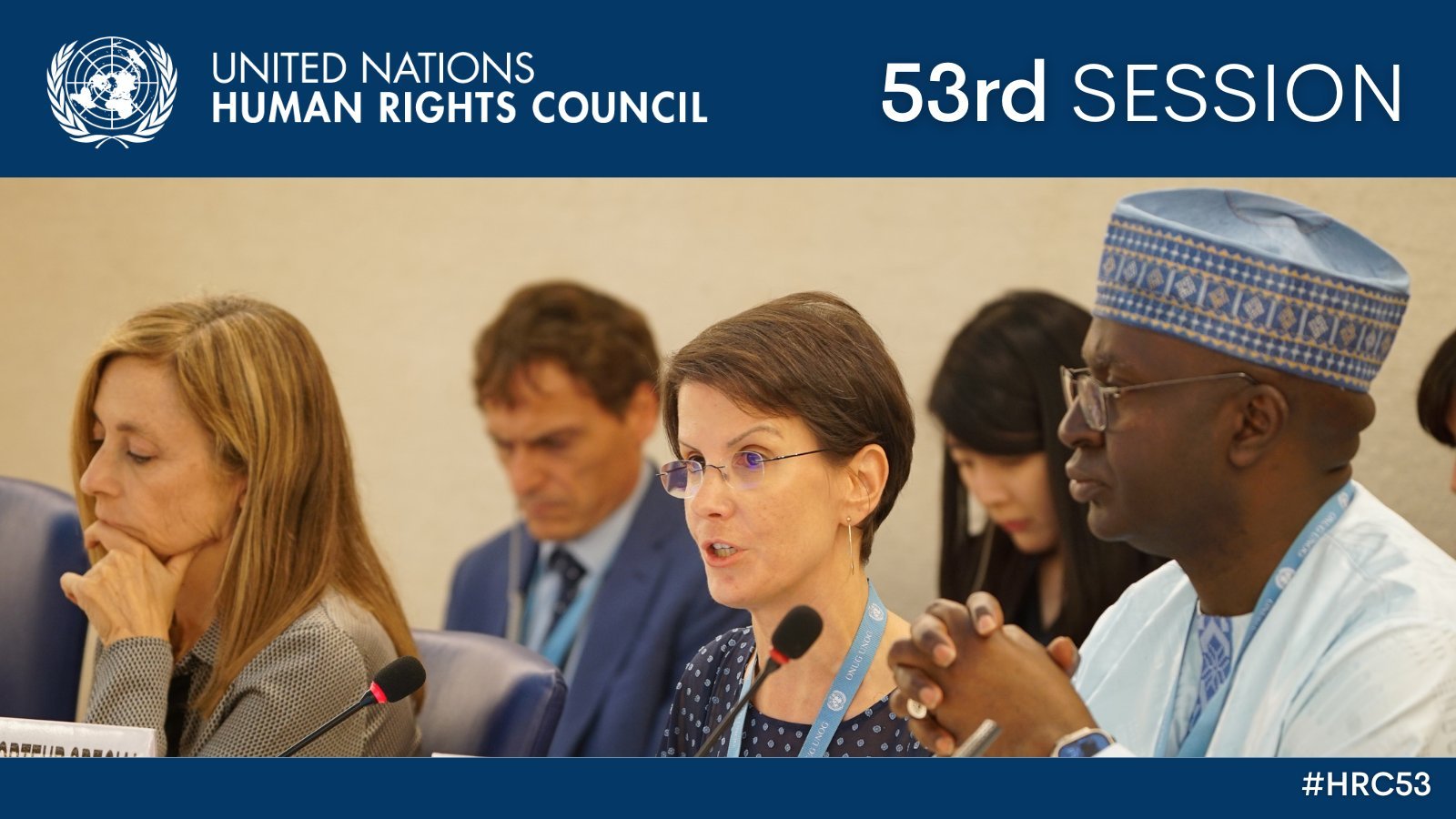
POLICY
Relying on evidence-based research, NFVLC's Legislative Clearinghouse supports lawmakers and advocates at the state and federal levels seeking to strengthen custody laws to better protect children. The Clearinghouse helps centralize legislative efforts across the country, develops and disseminates best-practice templates for custody statutes, and provides research and technical assistance to support policy changes in the U.S. and internationally.
Federal Policy
The Keeping Children Safe From Family Violence Act “Kayden’s Law”
The Violence Against Women Act 2022 (VAWA), including the Keeping Children Safe From Family Violence Act or “Kayden’s Law”, was reauthorized and signed into law by President Biden in 2022.
Click here for a one page overview of Kayden’s Law.
Building on our state effort initiated in Pennsylvania, NFVLC Director Joan Meier and NFVLC Policy Manager Danielle Pollack are proud to have drafted this landmark federal provision together with Pennsylvania Congressman Brian Fitzpatrick, and then advanced it together with Kayden’s family (pictured), colleagues at RAINN, CJE, and many advocates, including UN Special Envoy Angelina Jolie. NFVLC was honored to be invited to the White House with Kayden’s mother, Kathy Sherlock, to celebrate this momentous occasion for child safety.
NFVLC provides technical assistance to state lawmakers and stakeholders working toward adopting the Kayden’s Law provisions, which renders states eligible for a portion of the $25M authorized by Congress under this Act. Colorado was the first U.S. state to adopt the provisions; other states followed as you can see below in the State Policy section.
State Policy
NFVLC provides expert input and technical assistance to states working to improve their laws on child custody and abuse.
NFVLC has advised on laws enacted in Maryland and New York pertaining to child custody evaluators, and in several states on laws pertaining to coercive control, including Connecticut, California, Washington, and Massachusetts.
Recently enacted state child custody laws on which NFVLC advised closely include Utah’s Om’s Law, California’s Piqui’s Law, Tennessee’s Abrial’s Law, and Colorado’s and Pennsylvania’s Kayden’s Laws, all of which are modeled on the federal “Kayden’s Law” with some variation based on the state’s specific needs.
International Policy
Many countries have been grappling with the same problems. NFVLC's collaboration with other nations' professionals ensures we can share our expertise and learn from their advances as we design model laws to protect at-risk children in custody litigation.
The United Kingdom commissioned a series of reports and recommendations to improve how family courts respond to cases involving abuse allegations. In response to searing critiques of UK child parenting proceedings, a series of reports were solicited by the Ministry of Justice (see assessing risk of harm to children and parents in private law children cases). Many of these recommendations are now being implemented by the courts or incorporated into legislation.
In Sweden, professionals recently published an article Parental Alienation is Pseudoscience, outlining the problems, which was then attacked by proponents of the parental alienation belief system. A collective academic response and defense of the article can be found here: A collective international response to the claim that the so-called ‘parental alienation’ is a well-studied ‘gender-neutral’ empirical phenomenon which can be easily measured.
NFVLC provided expert consultation for the United Nations Special Rapporteur’s Report Custody, violence against women and violence against children, which was presented at the 53rd session of the UN Human Rights Council in 2023. Further details from the United Nations can be found here.

Read about "Child and Maternal Sabotage (CAMS)" as a preferable term to "parental alienation" when an abuser turns the children against the adult victim-parent. An NFVLC brief was filed in the D.C. Court of Appeals in a case that perfectly captures CAMS - although the court sadly did not respond appropriately, though a French court did recognize CAMS in recent decisions.




